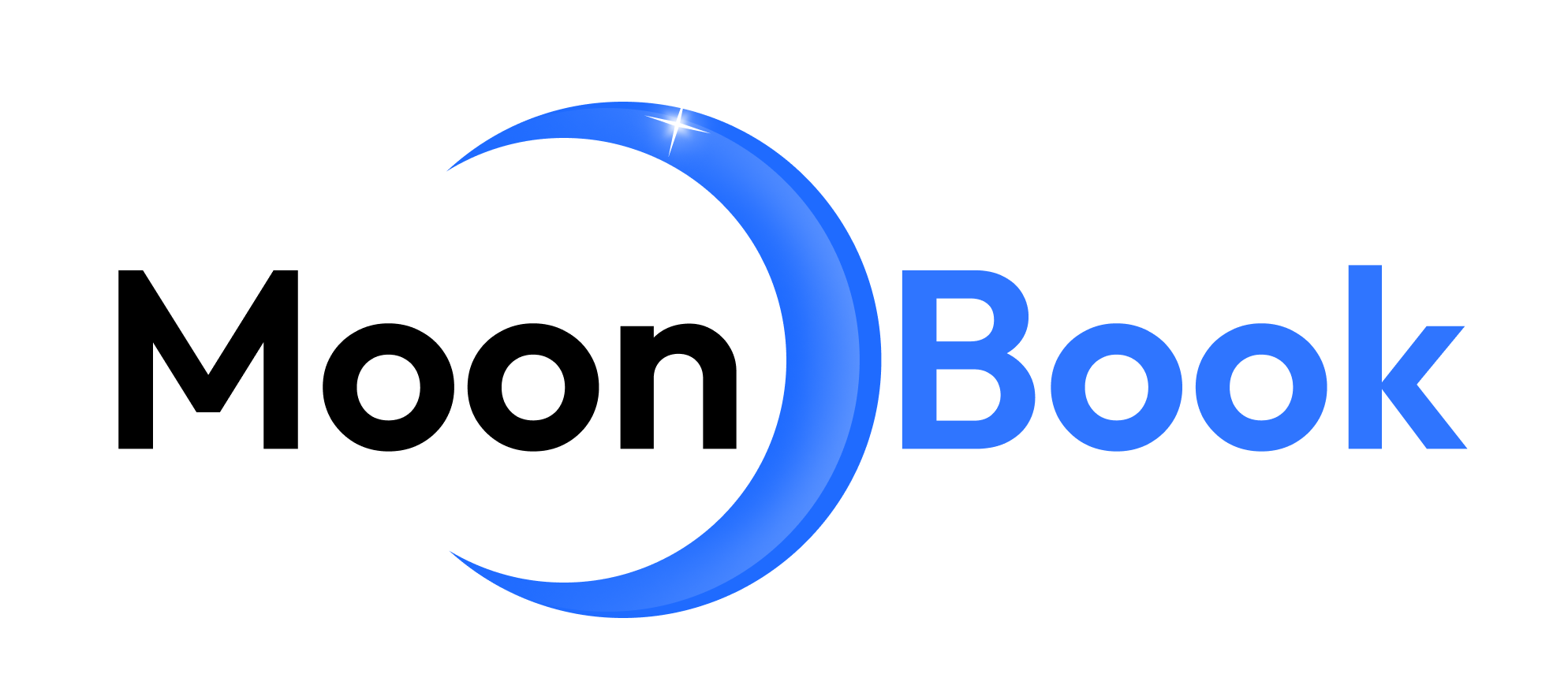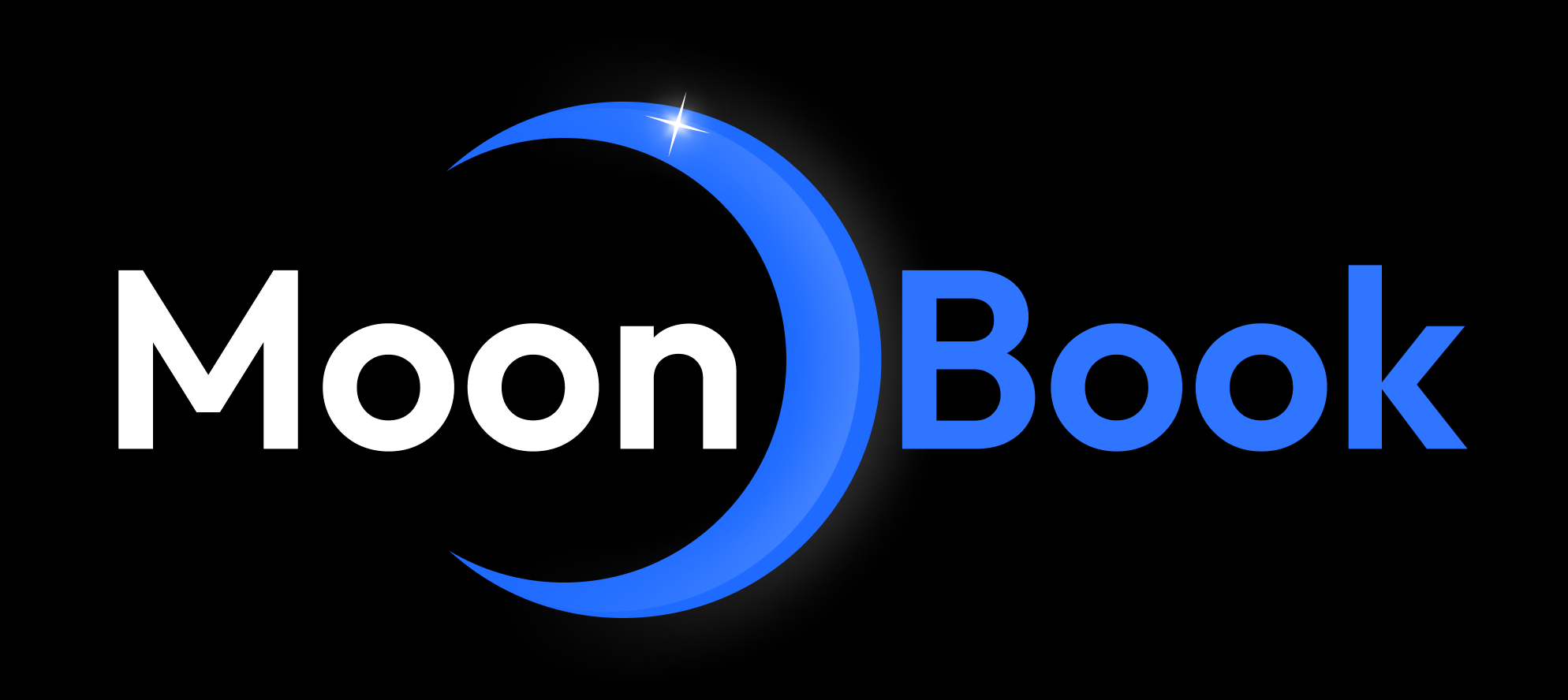The global competition for Quantum Computing Market Share is a strategic and intensely competitive race among a handful of tech giants, specialized startups, and nation-states. This contest is for leadership in a nascent but rapidly growing market, which is projected to expand to $14.19 billion by 2035 at an explosive CAGR of 27.04%. In this early, pre-commercial phase, market share is not measured in traditional revenue but in technological milestones, intellectual property, and platform adoption. The players who establish a lead now are positioning themselves to dominate the future of computing.
The market share landscape for quantum hardware is led by a few major technology corporations that have invested billions in their own R&D labs. Google and IBM are two of the most prominent players, both pursuing superconducting qubit technology and regularly announcing new records in qubit count and quality. Other major contenders include specialized startups like IonQ, which focuses on trapped-ion technology, and Rigetti, another player in the superconducting space. These companies are in a fierce race to build larger, more stable, and less error-prone quantum processors. Their share of the market is often judged by technical metrics like the number of qubits, quantum volume, and qubit coherence times.
On the software and cloud platform front, a different but equally intense battle is being waged. Here, the goal is to become the primary ecosystem where developers and researchers access and program quantum computers. Amazon Web Services (with its Braket platform), Microsoft (with Azure Quantum), and IBM (with its Qiskit platform) are the dominant players. They are competing to offer access to the widest variety of quantum hardware (both their own and from partners) and to provide the most user-friendly software development kits (SDKs) and tools. Capturing the loyalty of the developer community is seen as a key strategy for winning long-term market share, as applications built on one platform are likely to stay there.
In this unique market, market share is also a matter of national prestige and security. Governments are major players, and their share is measured by the strength of their national quantum initiatives, the amount of funding they provide, and the number of foundational patents held by their domestic companies and research institutions. The race between the United States and China, in particular, is a defining feature of the competitive landscape. Ultimately, the long-term winners in the quest for market share will not necessarily be those with the most qubits today but those who can build a full, scalable, and fault-tolerant quantum computing stack, from hardware to software, and create a vibrant ecosystem of users and developers around it.
Explore Our Latest Regional Trending Reports!
US AI Meeting Assistants Market



